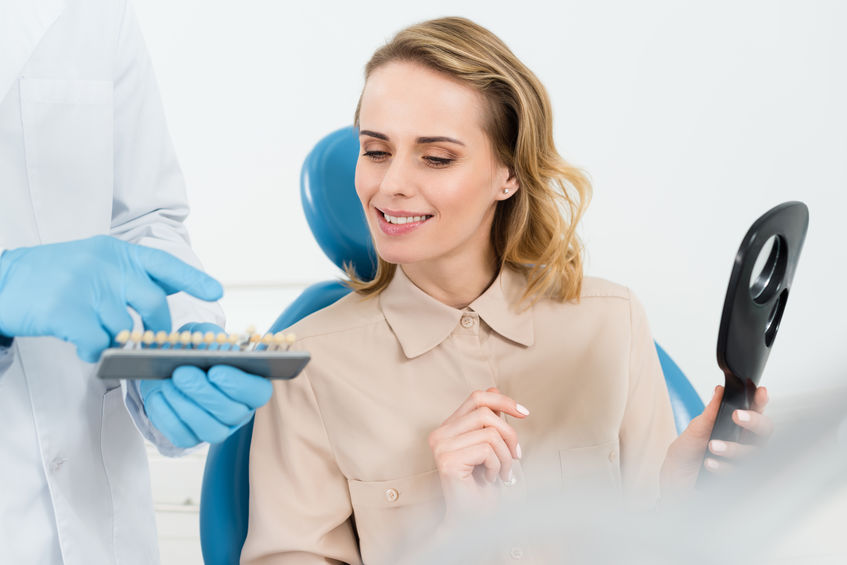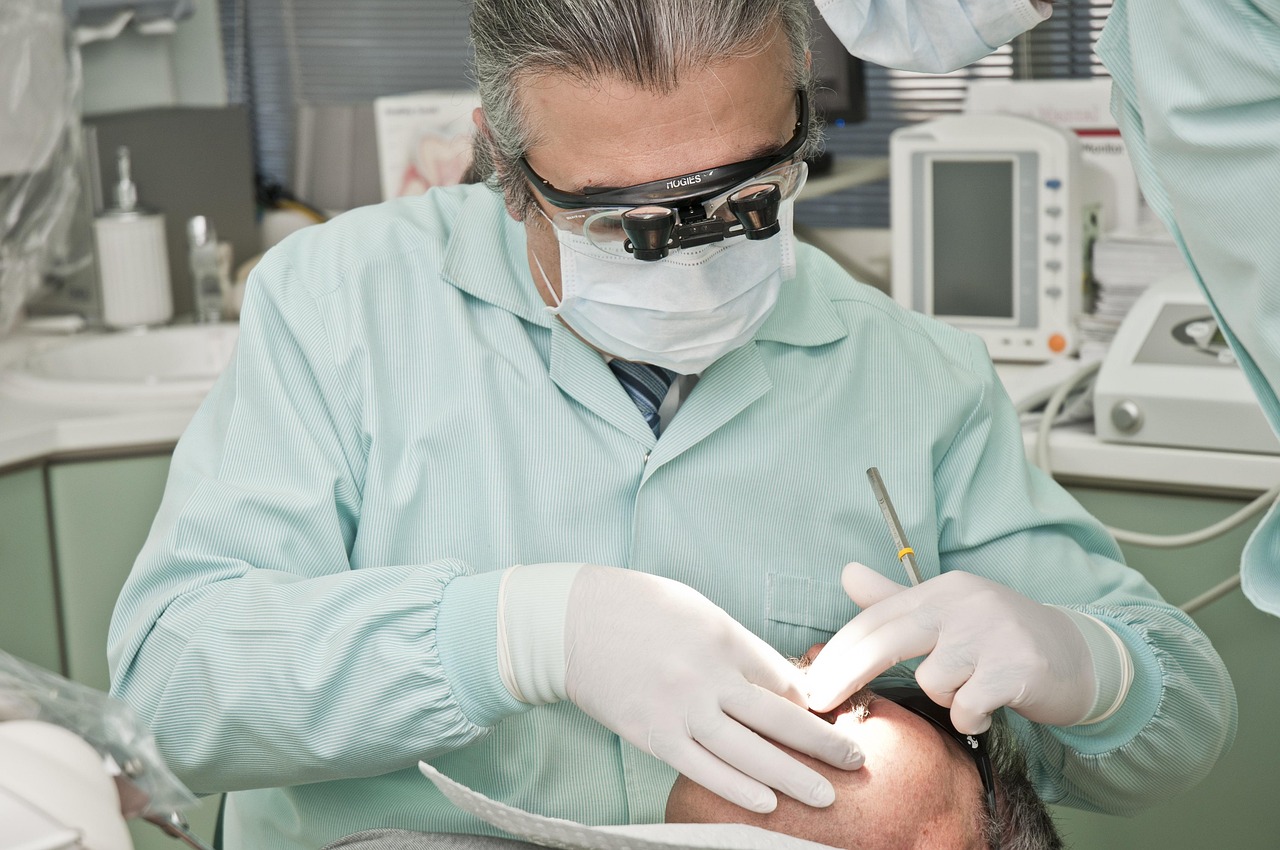Dental implants in Turkey are often among the most expensive medical procedures. So much so that they become inaccessible for many French people. Yet in Turkey, the same procedure can cost up to three times less. How can such a price difference be explained without assuming lower quality or rushed care? Many hesitate, some take the plunge… and realize that price isn’t the only factor. Before making a decision, it’s best to take a clear look at what truly drives the strength — and the cost — of Turkish dentistry.
Dental Implant in Turkey: Operating Costs Are Lower Across the Board
The cost of living in Turkey remains far below that of France. Few people realize how directly this affects healthcare. Every expense item costs less: rent, salaries, overheads. Healthcare staff earn wages adjusted to the local economy. And of course, without compromising the quality of care. Many Turkish dentists have studied abroad, notably in Germany or the UK. Some even speak fluent French, which greatly eases communication.
Still, their salaries, as well as those of assistants or lab technicians, remain well below those in France. Costs related to buildings, electricity, and insurance also follow a much more flexible budget logic. In short, everything that weighs heavily on a French clinic’s budget is significantly reduced here.
Add to that a favorable tax system for internationally oriented clinics. The Turkish government actively promotes medical tourism. Tax breaks or equipment subsidies are offered to attract foreign patients. And this isn’t marginal — it’s a real lever to keep prices low without sacrificing quality. The materials used are often the same as in France. These are not cheap implants, but savings generated by a lighter economic structure.
Ultimately, this allows you to access high-quality care in professional conditions, without bearing the high operating costs of a French practice.
The Strength of the Euro Makes a Big Difference to Your Bill
This is a factor that is often underestimated, yet plays a huge role: the exchange rate between the euro and the Turkish lira can turn an expensive procedure into a much more affordable one. In 2026, 1 euro equals about 35 Turkish lira. This monetary leverage changes everything for a European patient. An implant priced at 15,000 lira costs barely €430 — without any special discounts from the clinic.
This boosted purchasing power makes treatments affordable that would have been out of budget in France. And we’re not talking about substandard care. You’ll find modern, clean, well-equipped clinics, often with in-house surgical suites and strict sterilization protocols. But thanks to the euro, all this becomes financially accessible. Even hotels, taxis, and meals will cost much less than you’re used to.
Many clinics take advantage of this to offer all-inclusive packages: implant, crown, 3D scan, plus airport transfer, accommodation, or even a French-speaking interpreter. These offers allow you to experience the medical trip like a short, organized stay, without the headache. This overall comfort, combined with a lighter bill, helps maintain the strong reputation of Turkish dental care.
The exchange rate affects more than just the implant’s price. It enhances the entire experience. It allows you to invest in your smile without draining your savings — and without compromising on quality or safety.
An Ultra-Competitive Market That Drives Prices Down
Turkey doesn’t just offer low prices due to its economy. It is also home to a huge number of specialized implant clinics. This density creates real competition, with each clinic trying to offer the best deal to attract foreign patients. And this competition isn’t only about price — it’s about service quality, timelines, comfort, follow-up, and even the language spoken on site.
Clinics engage in a battle of transparency and efficiency. You can compare offers, request free quotes, and ask questions before even booking a flight. Many providers offer all-in-one packages that include the consultation, implant placement, temporary or permanent crown, and sometimes a second appointment six months later. Everything is designed to avoid bad surprises.
This competitive pressure also drives professionals to take their reputation seriously. Many clinics showcase their success rates, share before/after photos, present ISO certifications or highlight their international experience. Some even partner with health influencers or collect client reviews to reassure future patients. These strategies help build trust while maintaining a high level of quality.
In France, a dentist doesn’t need to make such efforts to attract clients — demand is already high. In Turkey, it’s the opposite: they need to convince you. And for that, they lower the prices… without ever lowering the standard of care.
Dental Implant in Turkey: A Treatment Equivalent or Even Superior to That Offered in France
Many patients still hesitate, fearing that the quality may be lower. Yet in many cases, Turkish clinics offer service levels entirely comparable — even superior — to some French practices. Implantology has become a cutting-edge specialty there, with state-of-the-art equipment: 3D scanners, modeling software, custom surgical guides.
The implant brands used are well-known among European practitioners: Straumann, Nobel, Osstem… the same brands used in French dental offices. These materials are robust, tested, and compatible with long-term follow-up, even once you’re back home. In case of an issue, any French dentist can work on an implant placed in Istanbul or Antalya.
Moreover, Turkish dental surgeons have often completed part of their training abroad. Some studied in Germany or the UK, then returned to practice in their home country with a high level of technical expertise. Clinics treating foreign patients are subject to strict regulatory requirements, often well above the national average.
Post-operative follow-up is also taken seriously. You rarely leave without a clear care protocol. Some clinics even offer a video consultation a few weeks after the procedure. In short, you’re not just paying less. You’re also benefiting from a well-organized system, premium materials, and care designed to last.



